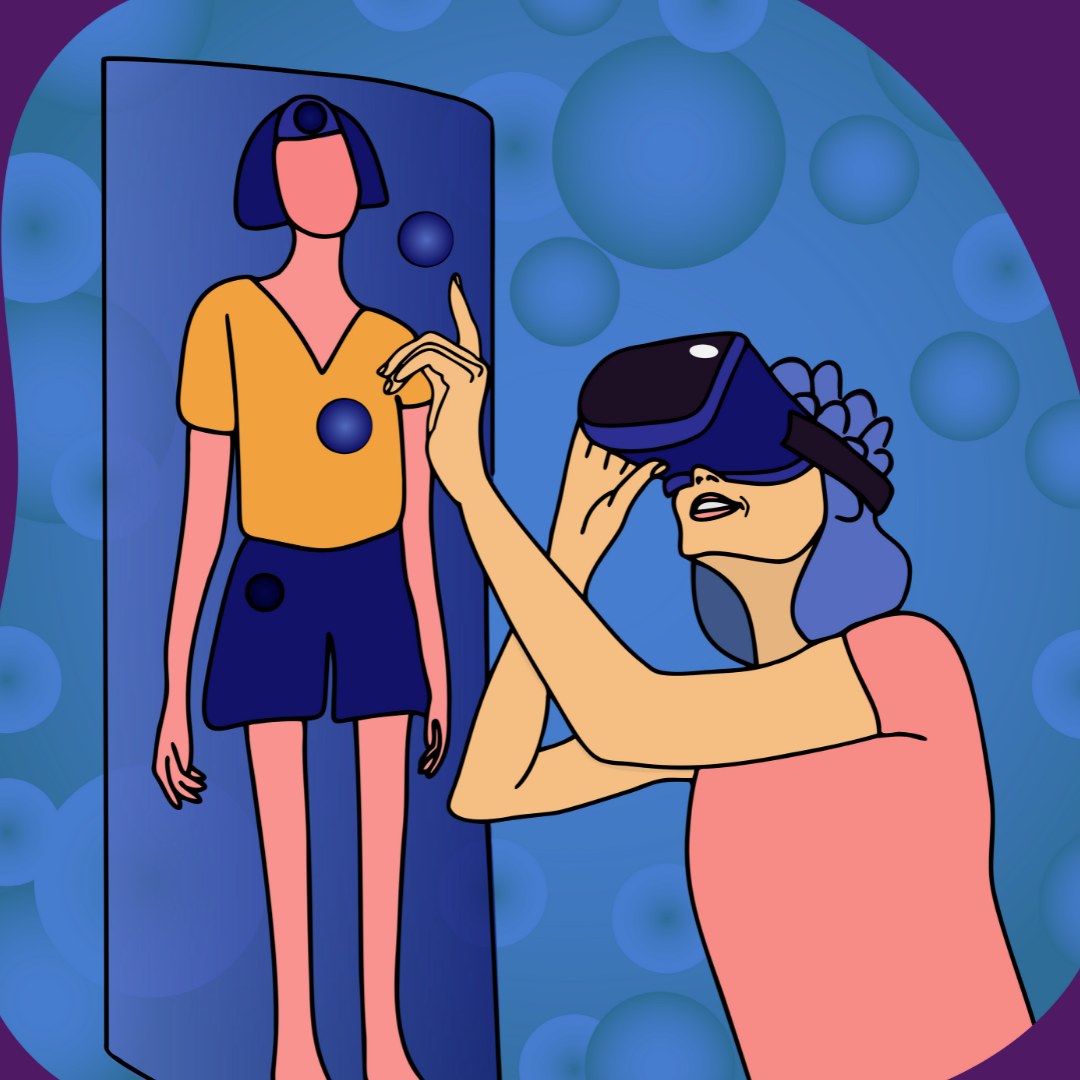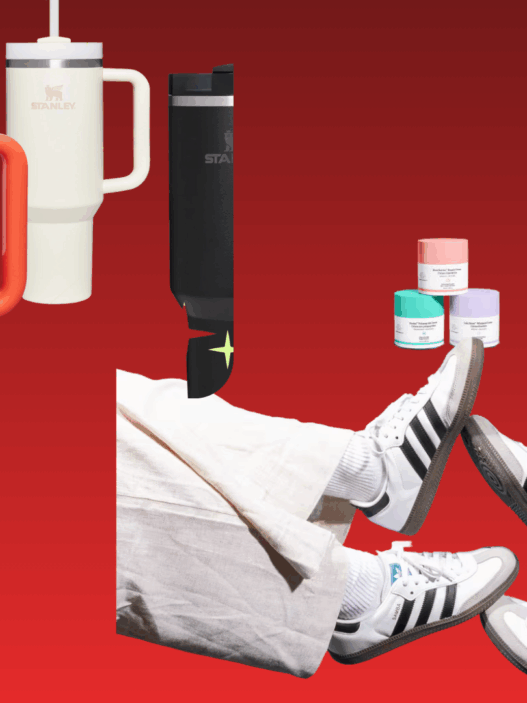Forget aimless scrolling through endless online shops. The way we find clothes and develop our individual flair is changing, thanks to artificial intelligence. An AI stylist? It sounds futuristic, but it’s already here, offering a tailored approach to fashion that could transform your wardrobe – and the wider industry.
The Rise of the AI Stylist: A Helping Hand in a World of Clothes
Finding your personal style can feel overwhelming. Shops burst with options, trends change faster than you can say “catwalk,” and influencer culture adds even more pressure. This is where AI steps in. AI styling platforms use algorithms to learn your preferences: your size, favourite colours, preferred designers, and even the types of outfits you usually wear. By analysing this data, the AI can suggest items and outfits that are genuinely suited to you, taking the guesswork out of shopping.
For example, Stitch Fix, a popular online styling service, uses algorithms that blend data science with human stylist expertise to make personalised clothing recommendations. Similarly, companies like Thread offer AI-driven style recommendations based on a detailed style quiz and ongoing feedback. These platforms are designed to make shopping more efficient, more personal, and, ultimately, more enjoyable.
Personalised Style: Clothes That Truly Fit You
The real power of an AI stylist lies in personalisation. Imagine having a stylist who understands your unique body shape, lifestyle, and aesthetic tastes, all without you having to explain it repeatedly. AI does just that.
Instead of relying on generic sizing charts or fleeting trends, AI tailors recommendations based on your specific needs. This extends beyond simply suggesting clothes; it can also help you create outfits from existing items in your wardrobe, identify gaps in your closet, and even suggest alterations to existing garments for a better fit.
Farfetch, for instance, utilises AI to power its visual search functionality. It allows users to upload an image of a desired item and quickly find similar products within its vast inventory, offering a more intuitive and personalised shopping experience.

Luxury Fashion Meets AI: Exclusivity Evolved
Luxury fashion is no stranger to embracing new technologies, and AI is no exception. For high-end brands, AI can offer customers an even more exclusive and tailored experience. Imagine an AI stylist that not only suggests luxury pieces but also provides personalised style advice on how to wear them, taking into account your social calendar and personal brand.
Some luxury retailers are using AI-powered chatbots to provide VIP customer service, answering questions about products, offering styling tips, and even processing orders. This level of bespoke attention is something that discerning customers in the luxury market value highly.
Challenges and Opportunities in AI-Powered Personalised Fashion
While AI stylists offer many exciting possibilities, it’s essential to consider the potential challenges. Can an algorithm truly understand the nuances of personal style, the emotions attached to clothing, or the cultural context of fashion? Probably not completely. Nuanced aesthetics that incorporate unusual colour combinations or unconventional pairings might be missed by AI that is trained on more mainstream styles. The most creative and groundbreaking fashion moments often defy algorithms.
Another concern is the potential for bias. If the data used to train AI algorithms reflects existing societal biases, the AI may perpetuate harmful stereotypes in its recommendations. For example, an AI trained primarily on images of thin models might inadvertently exclude clothing options for plus-size individuals.
Furthermore, issues around sustainability and ethical sourcing also need to be considered. While some AI platforms are starting to incorporate data on ethical brands and sustainable materials, there is still a long way to go to ensure that AI stylists are truly promoting responsible fashion choices.
However, these challenges also represent opportunities. By addressing these issues proactively, we can ensure that AI stylists are used to create a more inclusive, sustainable, and personalised fashion experience for everyone.
The Future of Fashion: Seamless Integration of AI and Style
The future of fashion will likely involve a seamless integration of AI and human expertise. While AI can handle the data analysis and recommendation engine, human stylists will still play a vital role in providing creative input, understanding the emotional connection to clothing, and ensuring a personalised touch. Experts like designers and stylists can leverage AI tools to enhance their creative processes, gain insights into consumer preferences, and streamline various aspects of their work.
The impact on the fashion industry’s job market extends beyond just stylists. There will be a growing need for data scientists, AI engineers, and fashion tech specialists who can develop, maintain, and refine these AI-powered platforms. While some traditional roles may evolve, new opportunities will emerge in this exciting and rapidly growing field.
Ultimately, AI styling isn’t about replacing human creativity; it’s about augmenting it, making fashion more accessible, personal, and sustainable for everyone. As AI continues to evolve, expect even more innovative and personalised approaches to style, helping us all look and feel our best.


















